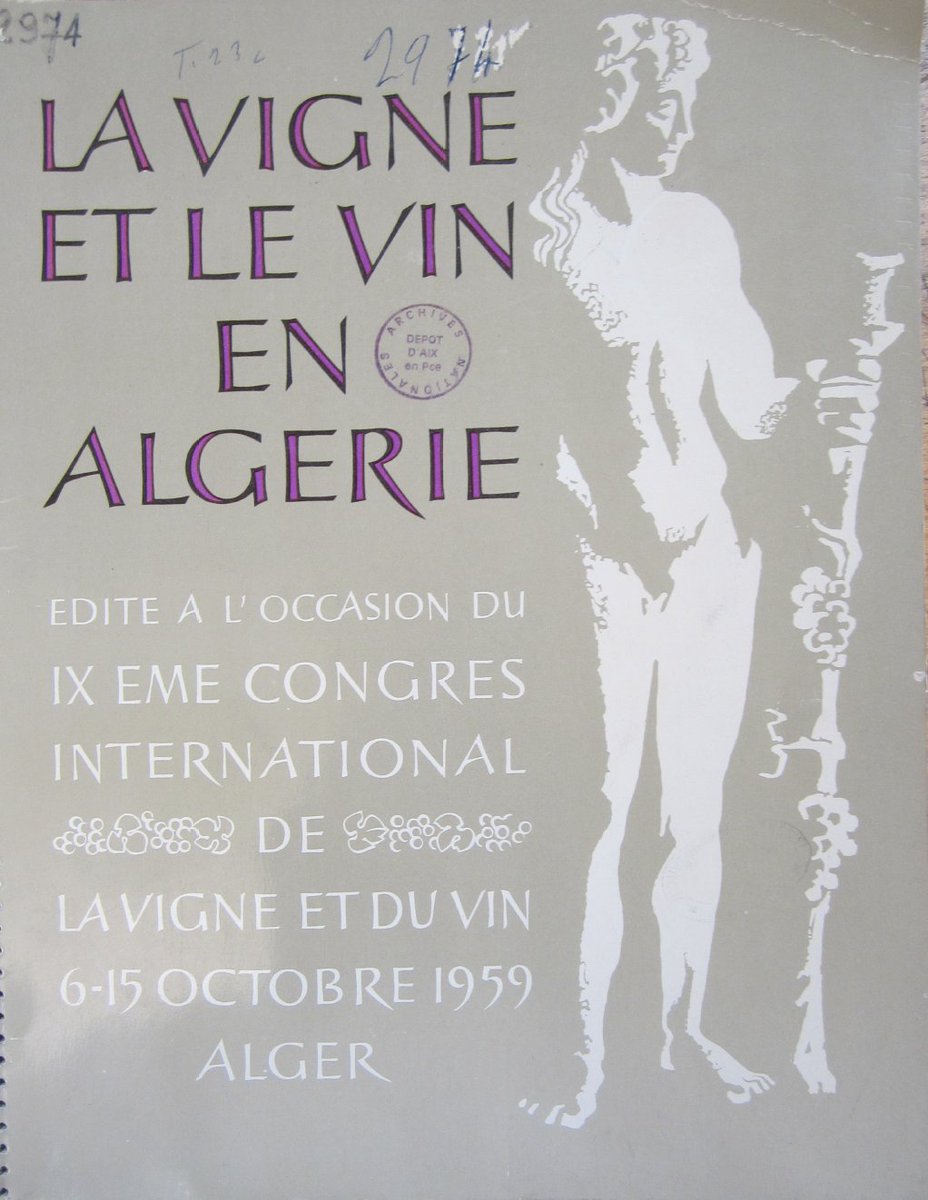"Markets of Civilization," is officially out with @DukeUniversity Press! It studies economic development in colonial and post-colonial Algeria 🇩🇿 through the lens of racial capitalism. A 🧵on the book w/a discount code and info on upcoming book talks ⬇️. (1/10) 

I argue religion that Islam became the foundation for a "racial regime of religion" in the 19th century. Religion was more than a question of personal belief in colonial Algeria (a settler colony). It dictated access to property, citizenship, and markets. (2/10)
After WWI, ideas about racial difference were embedded in the organization of markets, specifically the standardization of agricultural products like wine 🍷and olive oil 🫒. Economic and literary takes on the "Mediterranean"🌊 were often steeped in colonial myths. (3/10) 

In 1958, in the middle of the 🇩🇿Revolution, Charles de Gaulle announced the Constantine Plan, an ambitious program for economic and social development. But I disagree with takes that see the Plan as a mere attempt to raise the standard of living and avoid independence😱. (4/10) 

French planners believed the Plan would transform "homo Islamicus" into "homo economicus" (their words!). The book explores how these tropes functioned in economic thought and how Muslims 🇩🇿 became a foil for models of economic self-interest and European rationality ⏰=💰 (5/10) 

The notion that there was an inherent link between religion 🕌 and economic behaviors 💶continued after 1962. Ben Bella introduced a “specifically Algerian” socialism rooted in Islam. European leftists ☭ Pablo and Daniel Guérin doubted that Islam could be revolutionary. (6/10) 

So why does this matter? (7/10)
➡️ Religious and racial categories were always entangled, esp. in colonial Algeria
➡️ Understandings of race/religion were built into economic doctrines during the Cold War (including neoliberalism)
➡️ The whole #islamogauchisme nonsense is not new
➡️ Religious and racial categories were always entangled, esp. in colonial Algeria
➡️ Understandings of race/religion were built into economic doctrines during the Cold War (including neoliberalism)
➡️ The whole #islamogauchisme nonsense is not new
You can buy the book from @DukePress. Use the discount code E22MRKTS for 30% off!
It's the perfect Christmas/'Eid/Hanukkah gift 🎁 for that annoying laïcard(e) family member 🙉- or for that cool Keffiyeh-wearing islamo-gauchiste you'd like to date 😂 (8/10)
It's the perfect Christmas/'Eid/Hanukkah gift 🎁 for that annoying laïcard(e) family member 🙉- or for that cool Keffiyeh-wearing islamo-gauchiste you'd like to date 😂 (8/10)

بالنسبة للأشخاص الذين يتحدثون العربية ، @_MohamedHADDAD أجرى مقابلة معي عن الكتاب! هنا الرابط (9/10) :
Book tour💃🥳: I’ll be speaking in person (!) on 27 Oct at @SOAS/ London, 28 Oct in Paris/SciencesPo and in Marseille/the IMéRA on 2 Nov (both in French). Then my 1st ever @AHAhistorians in Philly, 7 Jan. DC comrades, I'm coming in February! (10/10, fin)
• • •
Missing some Tweet in this thread? You can try to
force a refresh






